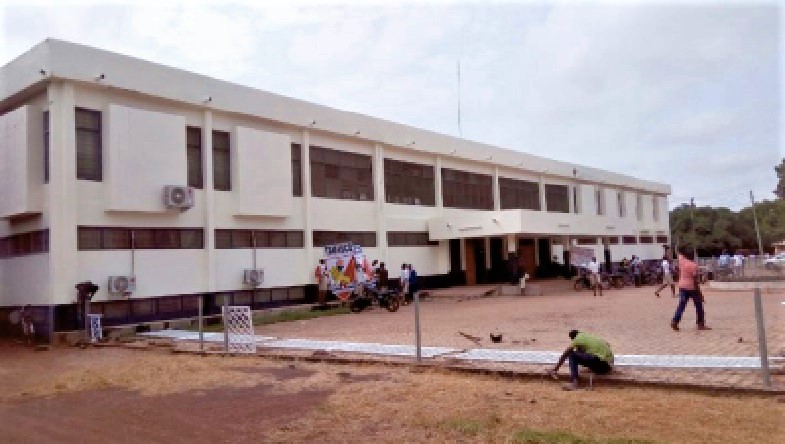
Impact of free education in the north
The Free Education Policy that was introduced in Northern Ghana by the British colonialists and maintained by Dr Kwame Nkrumah, the first President of Ghana, after independence, has contributed significantly to the development of the area.
The policy was to help bridge the development gap between the then Northern territories which now comprise the five regions of the north (Northern, Upper East, Upper West, Savannah and North East regions) and the south, formerly called the Gold Coast.
Advertisement
Before the attainment of independence in 1957, there was only one graduate in the Northern territories in the person of Alhassan Gbangzaba who trained in Britain, as compared to the south which had the likes of Dr Kwegyir Aggrey, who was already a staff member of the Achimota School in 1927.
Genesis
The free education started in 1949 in the Northern territories with the establishment of primary schools and later middle schools now known as Junior High Schools (JHSs). Then came the establishment of the first secondary school in the north, Tamale Secondary School in 1951.
It was initially, Government Boys Middle School before it transited to Gbewaa Secondary School and to its current status.
Education from the primary, JHS, SHS to the university levels was free for people of northern extraction before and after independence.
Dr Nkrumah later established the Ghana Educational Trust Fund to construct more secondary schools in the country.
They include schools such as Ghana SHS in Tamale, Bawku SHS in Upper East, and Tumu SHS in Upper West.
Ambassador (Alhaji) Abdulai Salifu, former Minister of State, Member of Parliament (MP) and Ghana’s Ambassador to the Kingdom of Saudi Arabia, who was among pioneers of early education in the then Northern territories in 1949, stated these in an interview.
Early education
He mentioned some of the areas where practice schools were established in Dagbon in1949 to include Tamale, Tolon,
Kumbungu and Savelugu.
The only primary school in Dagbon at the time was Yendi primary, which was a boarding school.
“In January 1949, when we started school in Kumbungu we were about 17 pupils in a class. At the time of completion, the total population of my mates in all the five schools was not up to 40 at that time”, he added.
A middle school, Dagomba Council Middle Boarding, was subsequently established at Kalpohini in Tamale in 1955.
“I went to the Pusiga College of Education in the Upper East to train as a teacher, and later to the University of Ghana, Legon, where students of northern extraction enjoyed free education”, Ambassador Salifu said.
He mentioned some of his classmates to include Kumbung-Naa Yiri II, a retired Director of Survey; the Tolon-Naa, Major Sulemana (retd); Alhaji Alhassan Dawuni, retired Director of Housing at the Ministry of Works and Housing.
The rest are Alhaji Adam Abu, a retired, Deputy Conservator of Forest, and late Alhaji B.A Fuseini, an educationist and politician.
According to Ambassador Salifu, “whoever says the free education in the north before and after independence had not made any impact is not being truthful”.
Tust Fund
An immediate past Northern Regional Director of Education, Alhaji Mohammed Haroun Cambodia, who is also a beneficiary of the free education, said as part of their legacy, the British colonialists left behind £500 million for the establishment of a Trust Fund, also known as the Northern Educational Scholarship Scheme.
He also asserted that had it not been for free education, many distinguished citizens from the north would not have risen to the height they achieved.
According to him, the policy was basically an affirmative action to ensure that people of the north received education.
“I would not have gone to school if not for the Northern Educational Scholarship Scheme that made education free in the north", Alhaji Cambodia said.
He, however, explained that the scholarship involved only feeding grants and examination fees, saying ‘it was a subsidy and not virtually free for everything it was made to believe.
“I must add that the current free secondary education policy by the New Patriotic Party government is a feather in its cap; it will ensure that nobody drops out of school because of fees" Alhaji Cambodia said.




